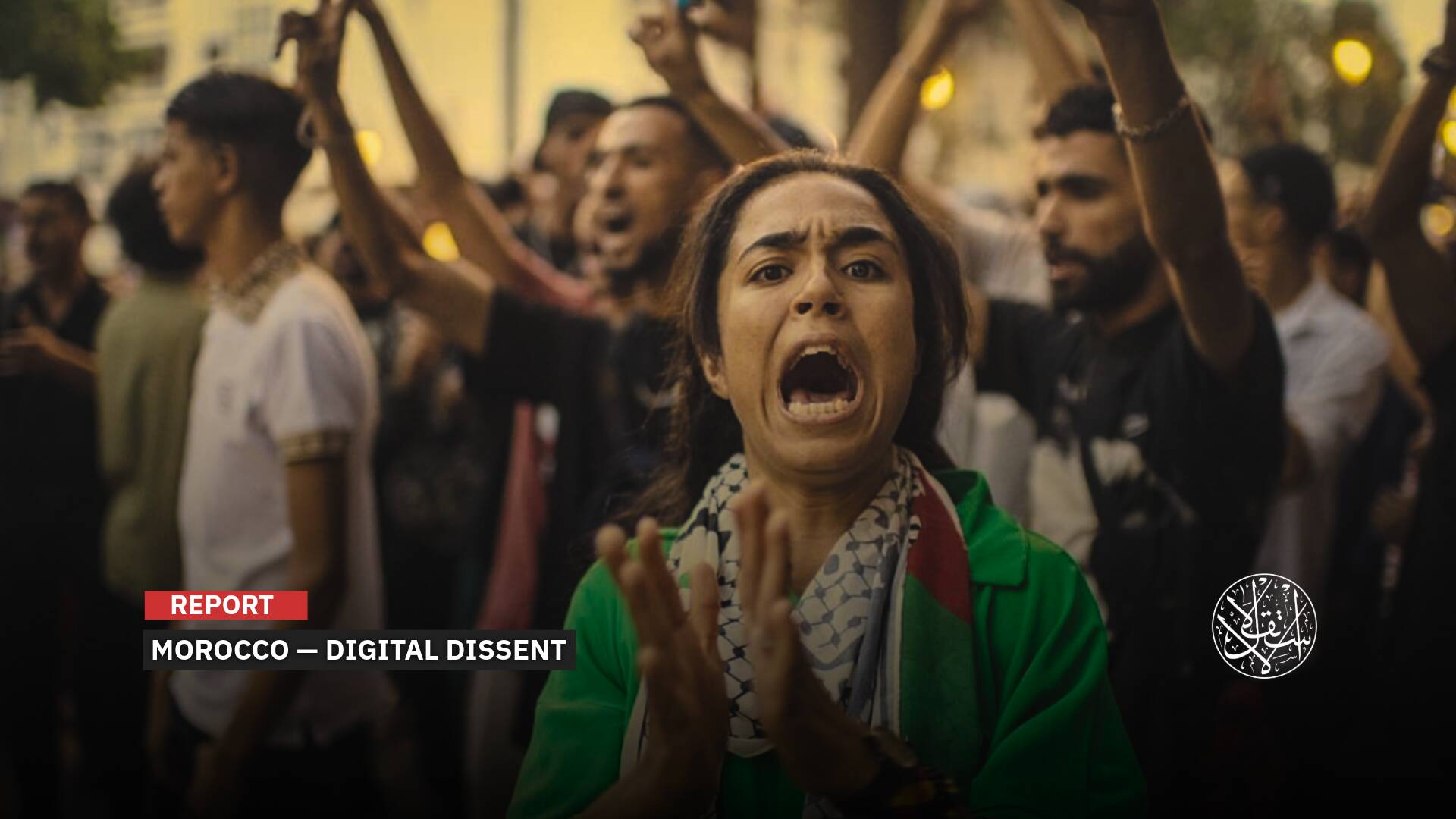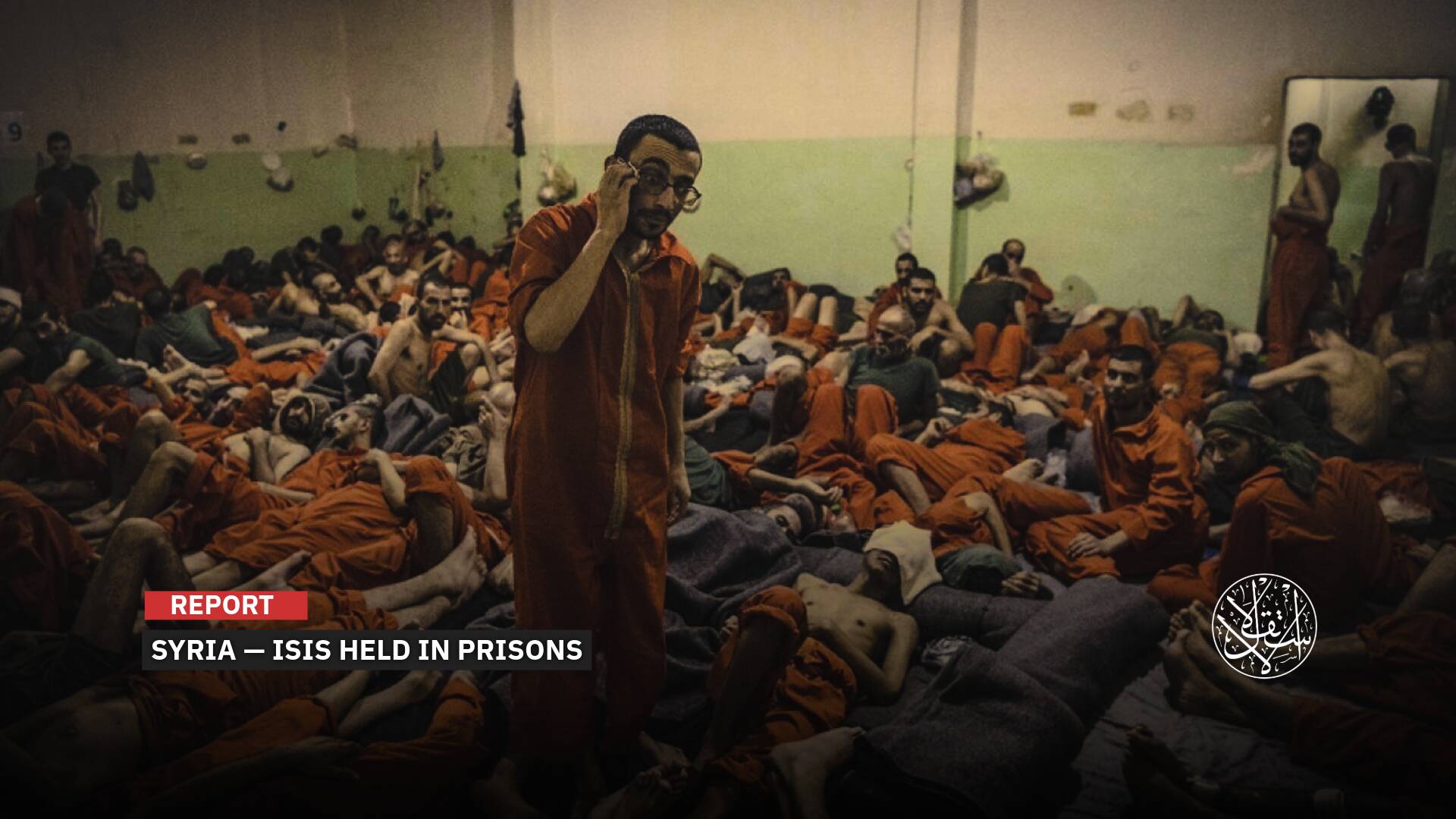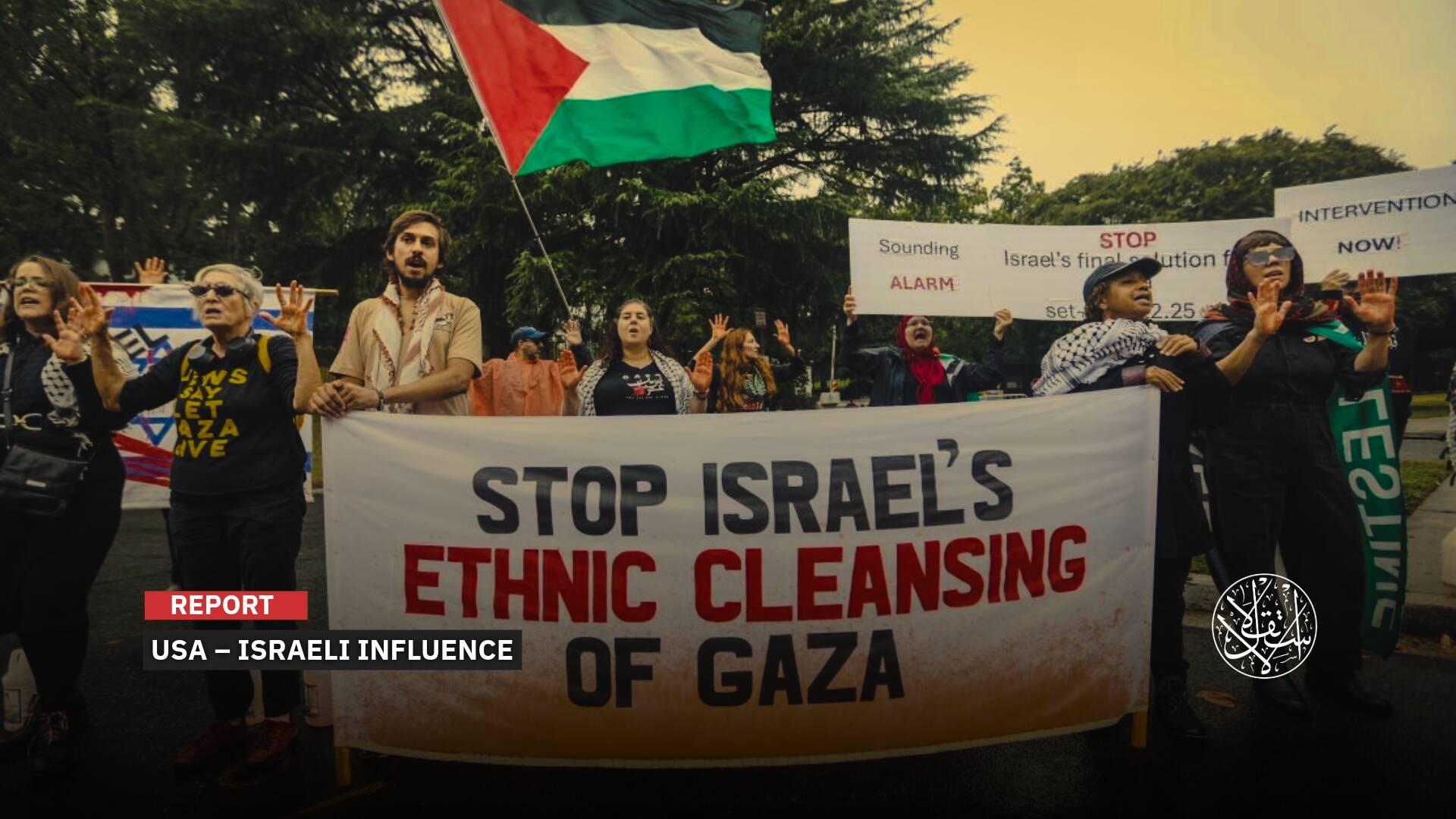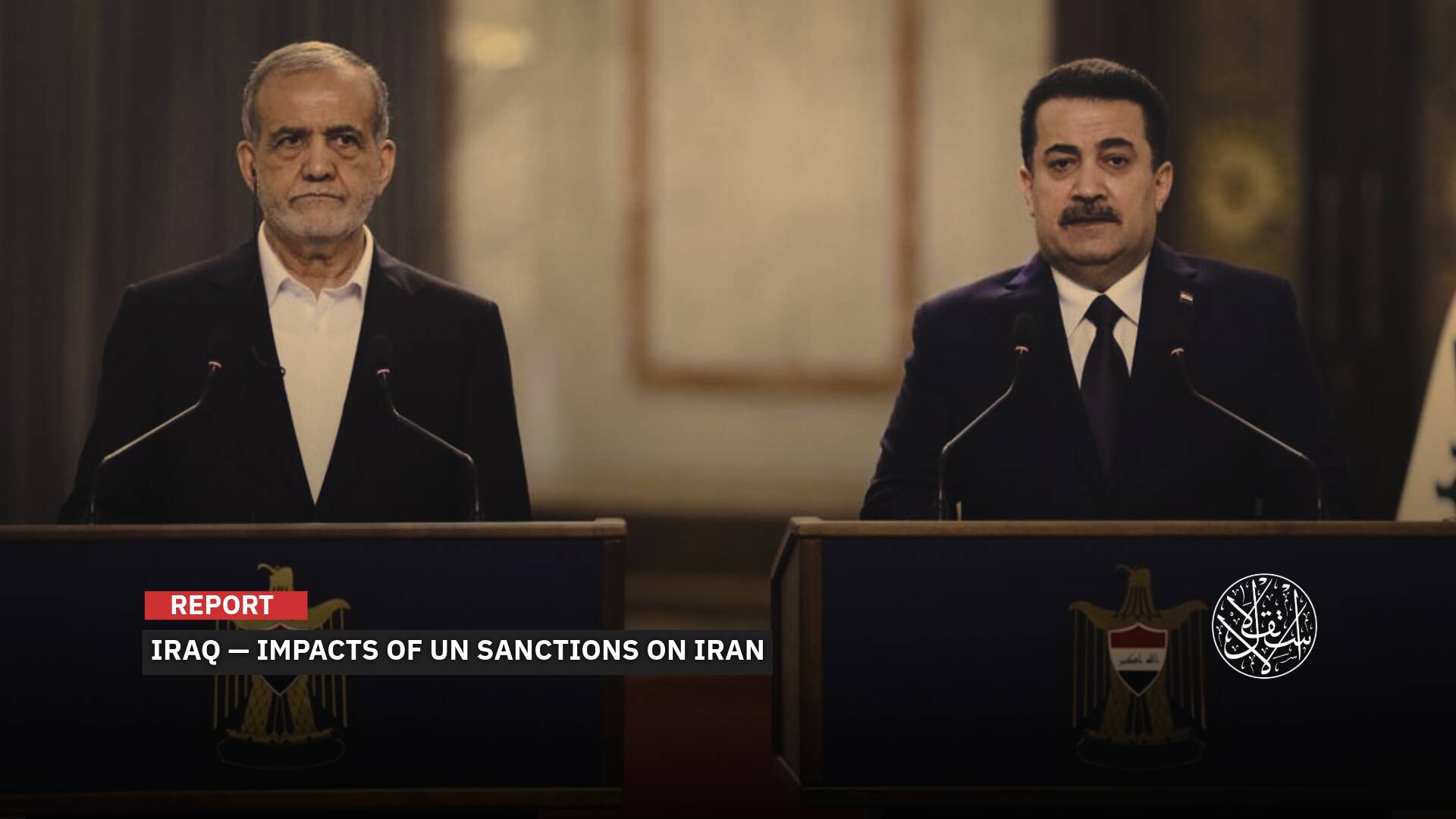Prepared for the 2022 World Cup: This Is How Qatar Will Benefit From the Health Infrastructure for Decades

Qatar has completed a comprehensive health infrastructure as part of its preparation to host the 2022 FIFA World Cup, which will be held for the first time on Arab soil and in the Middle East.
Since Qatar won the honor of organizing the World Cup in December 2010, the health sector has developed a systematic plan that meets the requirements of the largest sporting event.
The timing of the World Cup came at a time when the world was recovering from the Corona pandemic that left more than six million deaths since 2020, which called on countries to impose strict restrictions on citizens and those coming from abroad.
Non-Compulsory Vaccine
In a medically calculated move, the Qatari authorities announced on September 29, 2022, that the Corona vaccine would not be mandatory for fans coming to attend the World Cup, which will start from November 20 until December 18, 2022.
The Supreme Committee for Delivery and Legacy confirmed that the Ministry of Health has canceled quarantine procedures for all travelers coming to Qatar, whether vaccinated or not.
However, all visitors over the age of six must submit a negative result for a Covid test before boarding flights to Qatar to attend the tournament. A negative PCR test certificate valid for 48 hours is also required.
Travelers coming to Qatar must download and activate the EHTERAZ application on their mobile phones upon arrival at the country's ports, an application developed to protect society from the spread of the Coronavirus.
This measure coincided with Qatar declaring its readiness to activate and publish comprehensive plans to respond to major accidents when needed during the World Cup.
Qatar's Ministry of Public Health, and healthcare partners, including Hamad Medical Corporation, Primary Health Care Corporation, and other major institutions in Qatar, have worked in recent years to develop their plans to respond to major incidents.
As part of the partnership between the Ministry of Public Health and the World Health Organization (WHO) in the "Sport 4 Health" project, WHO's disaster management experts worked alongside their counterparts in Qatar to support the development of response plans.
This opens the door to a closer look at how the Qatari government is working to establish an integrated medical infrastructure to accommodate more than one million people who will attend the tournament from different countries of the world.
With the government health sector unable to medically cover the World Cup fans, licenses were granted to open private health centers to accommodate the masses that the country would host, with the aim of covering individual or environmental accidents that might occur.
Comprehensive Plan
As part of the master plan for healthcare facilities in Qatar, an ambitious 20-year political plan launched in 2013, the government set itself the goal of completing 48 new projects by the end of 2020 through 31 health clinics, eight diagnostic and treatment units, and a general and specialized hospital.
According to Ali Abdulla al-Khater, head of the Higher Healthcare Communications Committee, 100 clinics have been provided in the eight stadiums of the World Cup, in addition to medical clinics in the fans area and in accommodation, al-Khater told the local newspaper, Al-Sharq, on September 25.
According to al-Khater, the fan areas were provided with integrated medical teams consisting of experienced healthcare cadres.
Medical clinics will be operated 24 hours a day, 7 days a week, at a number of key accommodation sites for the masses to ensure they have easy access to medical services.

It is noteworthy that the role of the healthcare sector is not limited to that, but there is more than medical support and emergency services, to include important areas such as proactive health and safety services.
This includes regular checks and inspections of stadiums, hotels, and other facilities before and during the tournament to assess food safety and the risk of other health problems, such as infectious diseases.
Ten new hospitals and 16 new primary care health centers have opened since 2010, with the expansion of the National Ambulance Service and the opening of the largest emergency and accident center in the region in 2019.
Great importance was given to building a team of experienced and skilled healthcare professionals.
Fan Service
In order to ensure a distinguished World Cup in Doha by achieving the best safety standards in this global event, fans can access health care services in any of the hospitals, health centers, clinics, and pharmacies, government or private, in Qatar.
Health services for emergency and urgent cases are available in government hospitals free of charge for holders of the "Hayya Card," which fans with international documents coming to Doha with tickets to the World Cup matches must obtain as an entry permit to Qatar.
Hayya allows fans to enter stadiums and attend matches (subject to obtaining a match ticket) and free use of public transportation on match days, as well as attending a number of events and activities accompanying the tournament.
The Ministry of Public Health in Qatar requires visitors to obtain travel insurance, which covers health care services for the duration of their stay in this country.
On September 20, 2022, the Ministry of Public Health launched a new website that provides local fans and visitors with a wide range of information related to healthcare services and health advice that will be provided during the FIFA World Cup Qatar 2022.

Dr. Abdel-Wahab Al-Musleh, head of the Health Care and Anti-Doping Committee in the 2022 FIFA World Cup, expected the participation of about 2,000 doctors and nurses during the tournament.
There are also special services for the public to quickly receive treatment, and all these services are free for all.
The integrated and comprehensive plan for medical services includes three levels: the first level will be in stadiums and hotels, the second in health centers, and the third level in hospitals, all within one team, with the aim of providing integrated medical services to visitors without affecting the regular medical services in the country.
Healthy Partnership
As part of Doha's keenness to hold the World Cup that it organizes in a healthy environment, the Ministry of Public Health in Qatar, under the title Sports for Health, held a partnership with the World Health Organization for a period of three years.
The partnership includes risk assessment and protocols for mass gatherings inside and outside stadiums and event-based monitoring to protect people from outbreaks of infectious diseases, as well as risk communication because the health security component plays an essential role in ensuring the health and well-being of participants in major sporting events.
Qatar abolished the mandatory use of protective face masks in public and closed places for health facilities, public transportation, and employees who have direct interaction with the public.
In this context, Saleh Nasser al-Mejareh, Assistant Executive Director for Events and Emergency Plans in the Ambulance Service Department at Hamad Medical Corporation, confirmed that during the World Cup, there will be a mobile command unit and crews dedicated to responding to major accidents in each stadium on match days, which will be supported by the routine ambulance service.

Al-Mejareh explained during press statements on September 29, 2022, that in addition to the command units, there will also be a mobile response unit for major accidents in each stadium on match days to set up a temporary field treatment site that includes a variety of air-conditioned tents, through which patients can be treated according to their disease state.
Those in charge of the Qatari medical sector confirm that the organization of the FIFA Club World Cup Qatar 2019, the World Championships in Athletics 2019, and the FIFA Arab Cup - Qatar 2021 enabled the healthcare sector to gain valuable experience and test its plans to respond to major accidents before the 2022 World Cup.
President of the International Football Association, FIFA, said in a press statement on September 25, 2022, that the World Cup in Qatar will be the best in history, based on Qatar's preparations for the global event.
Extraordinary Event
What prompted Qatar to strengthen and fortify its health infrastructure is that the eight stadiums where the tournament matches will be held are separated by short distances that allow attendance of more than one match per day, and thus the Qatar World Cup 2022 is the closest in distances between its matches.
Ahmed Al-Mohammed, Head of the Health Strategic Leadership Group for the FIFA World Cup Qatar 2022, indicates that the plans for healthcare services for the World Cup bring together partners from all over the health sector.
Al-Mohammed confirms that there will be a role for every part of "our healthcare system throughout the World Cup" across the public and private sectors.
"Since 2011, we have opened ten new state-of-the-art hospitals, 16 modern and advanced primary health care centers, and many new specialized facilities, including emergency and urgent care units," he said.

"Not only have we increased capacity and activity, but we have significantly improved the quality of care we provide to our patients," he said.
On July 6, 2022, the head of the Qatari Businessmen Association confirmed that "more than $200 billion has been spent on basic utilities such as roads, bridges, ports, airport, subway, housing, tourism and free zones" since the announcement of Qatar's victory in organizing the World Cup.
He added to Qatar News Agency (QNA) that this infrastructure will turn into gains after the completion of organizing the tournament.
It was clear that Qatar had set two goals for the infrastructure of the World Cup, which are among the goals of Qatar Vision 2030, especially that the new health projects will be reflected in the future on serving the Qatari people, and this is what led to the joining of all Qatari cities to the global health cities network on October 8, 2022, according to what Mansoor Al Mahmoud, Assistant Undersecretary for Municipal Affairs at the Ministry of Municipality announced.
This made the State of Qatar the first Arab country in the Eastern Mediterranean region to receive the title of "Healthy City" from the World Health Organization in all its municipalities.
32 teams will participate in the football wedding, including 13 teams from Europe, 6 from Asia (host country Qatar), 5 from Africa, 4 from South America, and 4 from North, Central America, and the Caribbean.
On October 7, 2022, FIFA revealed a new song for the 2022 World Cup in Qatar, entitled Light The Sky.
The latest song in the World Cup series of songs came with the participation of four of the most famous artists in the Arab world.
Qatar was keen to make its World Cup more than just a football tournament, as it is an opportunity for all cultures to meet in one event, which allowed the organizers of the tournament to highlight the Arab peculiarity and give a different image of the Arab citizen who is able to achieve in such exceptional global events.
Sources
- Head of the World Cup Health Strategic Leadership Group announces preparation for the tournament through comprehensive health services [Arabic]
- Ali Al Khater to Al-Sharq: 100 clinics for the World Cup stadiums and medical teams for the fan zones [Arabic]
- World Cup Qatar 2022: Doha cancels quarantine procedures for travelers and announces that the Covid vaccine is not mandatory for fans [Arabic]
- The healthcare sector reveals comprehensive plans to respond to major accidents during the World Cup [Arabic]












